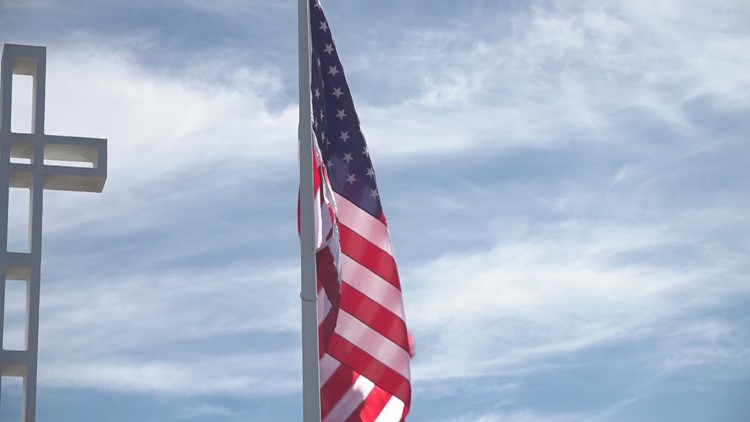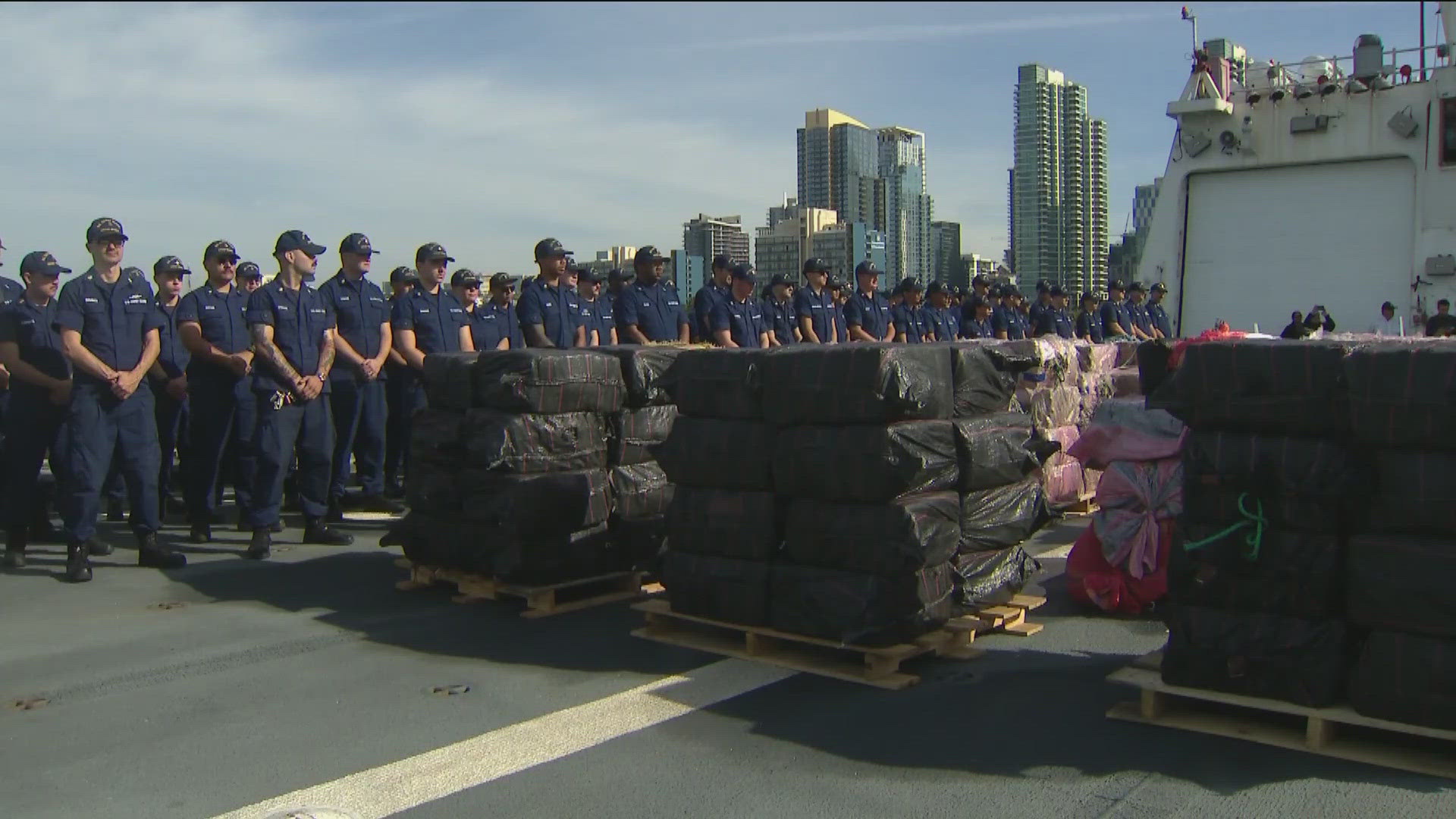SAN DIEGO — San Diego County is home to more than half of the 44 Californian schools designated as 2024 Purple Star Schools, which are committed to meet the needs of military-connected students and their families, it was announced Wednesday.
State Superintendent of Public Instruction Tony Thurmond released the list of schools in the Purple Star Schools program, which is now in its third year.
A total of 23 schools in San Diego County were honored by the commendation.
"By embracing and enhancing services for military-connected students and their families, these schools exemplify our commitment to inclusivity, understanding and excellence in education," Thurmond said in a statement. "Their efforts not only enrich the educational experience but also foster a sense of belonging and appreciation for our military community."
The San Diego County schools honored by Thurmond are:
- Bonsall Unified School District's Bonsall Elementary, Bonsall High, Bonsall West Elementary, Norman L. Sullivan Middle and Vivian Banks Charter;
- Chula Vista Elementary School District's Corky McMillin Elementary;
- Fallbrook Union Elementary School District's Fallbrook STEM Academy, James E. Potter Intermediate, La Paloma Elementary, Live Oak Elementary, Maie Ellis Elementary, Mary Fay Pendleton Elementary and William H. Frazier Elementary;
- Oceanside Unified School District's North Terrace Elementary, Oceanside High and Stuart Mesa Elementary;
- Poway Unified School District's Bernardo Heights Middle;
- San Diego Unified School District's De Portola Middle, Hickman Elementary, Jones Elementary, Perry Elementary, Vista Grande Elementary and Walker Elementary.
In 2022, California had 242,624 active-duty service members and individuals serving in the National Guard and Reserves.
Military-connected students must move whenever their active-duty parent or guardian receives a relocation order. These required relocations mean that a military-connected child can expect to change schools between six and nine times from grades K-12, three times more often than non-military-connected children, according to Thurmond's office.
"As military-connected students transition between schools — often to different states and countries — they must adapt to varying cultures, school populations, curricula, standards, course offerings, schedules and graduation requirements," the statement reads. "As a result, military- connected students often face unique academic and social-emotional challenges and struggle to stay on track to be college- and career-ready."
WATCH RELATED: Courage to Call | Military families face hardships around access to housing, mental health services



